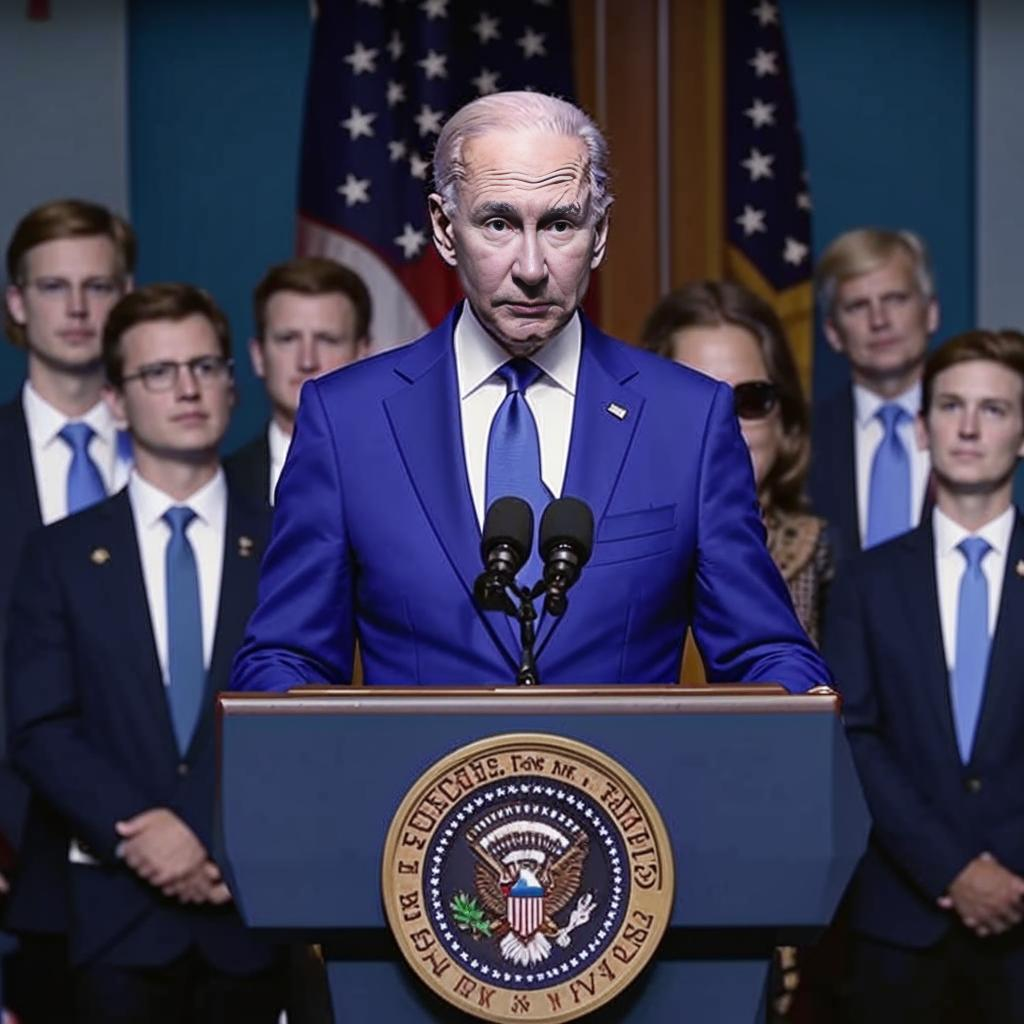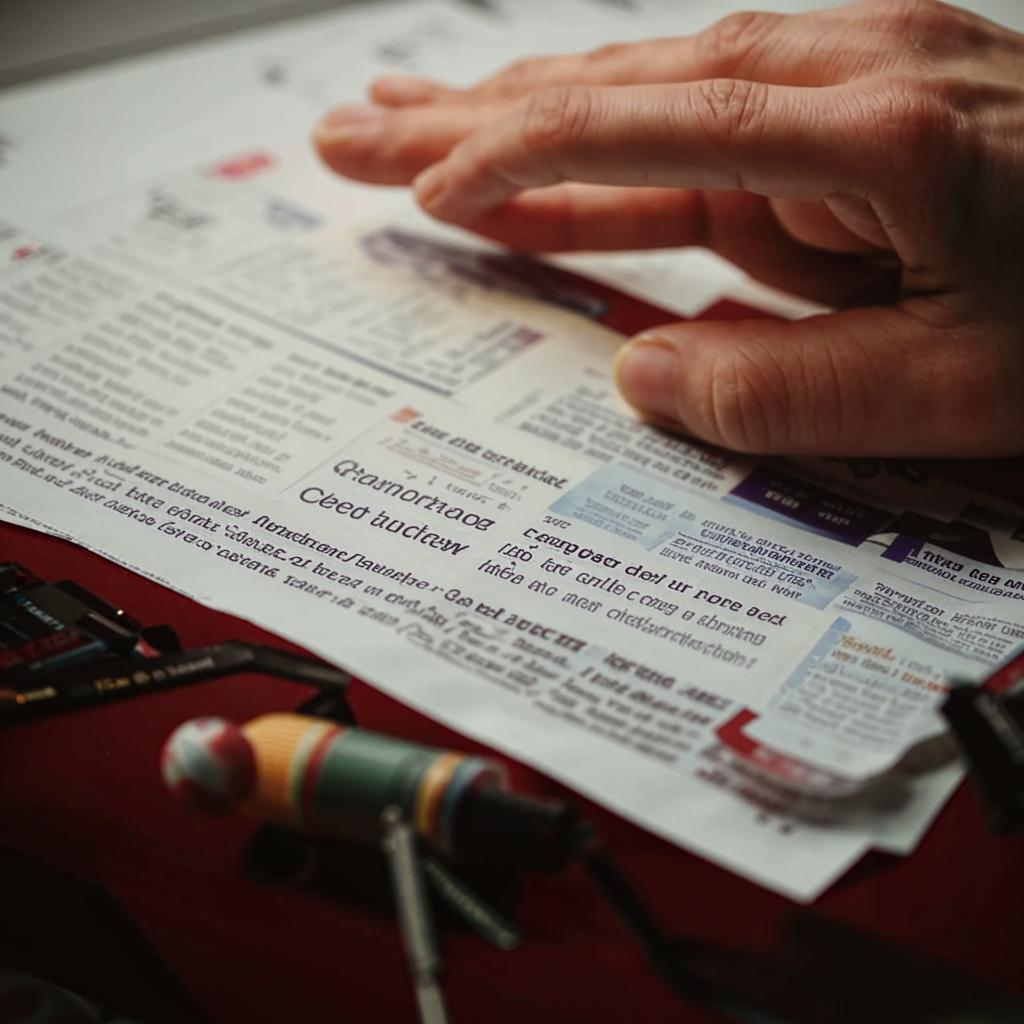Social media’s pervasive influence on mental health is a complex and hotly debated topic. While platforms like Instagram, Facebook, and TikTok offer unprecedented opportunities for connection and community building, they also present significant risks to psychological well-being. The constant stream of curated content, often presenting unrealistic portrayals of success and happiness, can fuel feelings of inadequacy and social comparison. Studies have linked heavy social media use to increased rates of anxiety, depression, and body image issues, particularly among adolescents and young adults.
Cyberbullying, another dark side of online interaction, can have devastating effects on victims’ self-esteem and mental health. The anonymity afforded by the internet emboldens some to engage in harmful behavior, making it difficult for victims to escape the abuse.
However, social media isn’t entirely detrimental. These platforms can also provide valuable support networks for individuals struggling with mental health issues. Online communities can offer a sense of belonging and understanding, reducing feelings of isolation. Moreover, social media can be used to raise awareness about mental health, challenge stigmas, and connect individuals with resources and professional help.
The key lies in mindful engagement. Limiting screen time, being critical of the content consumed, and prioritizing real-life connections can help mitigate the negative impacts of social media. Parents, educators, and policymakers all have a role to play in promoting responsible social media use and fostering digital literacy. The challenge is to harness the benefits of social media while minimizing its potential harms, creating a healthier and more balanced online environment for all.















